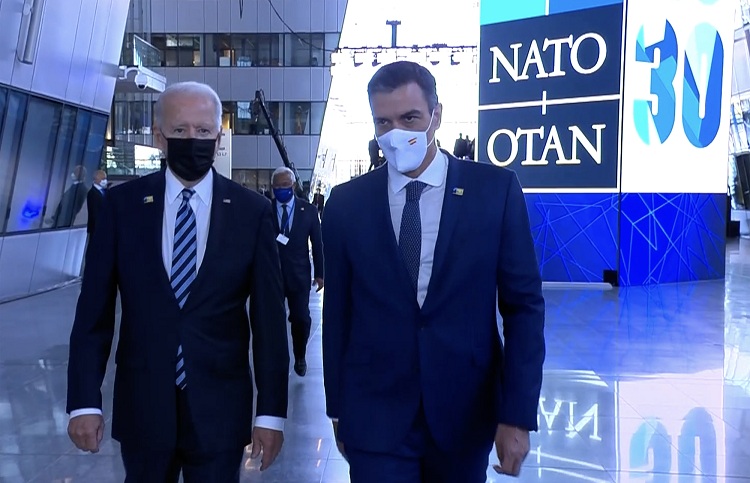The Diplomat
The PP yesterday called on the government not to extradite the political opponent Rolando Figueroa to Venezuela and to grant him the political asylum he has requested.
Rolando Figueroa, a member of Leopoldo López’s Voluntad Popular party, was being held in Teixeiro prison in La Coruña, and has been transferred in the last few hours to a prison in Madrid, with a view to his extradition requested by the regime of Nicolás Maduro, according to Antonio Ecarri, representative in Spain of Juan Guaidó, Venezuela’s president-in-charge.
On social networks, Antonio Ecarri, wrote: “Highly concerned by the news of the transfer of the Venezuelan Rolando Figueroa, from Galicia to Madrid, in view of a possible extradition, being that it is widely known that in Venezuela there is no autonomous judiciary or guarantees to human rights in the prison system”.
The spokesperson for Foreign Affairs in the Congress of Deputies, Valentina Martínez Ferro, said on Twitter, after hearing the news of Figueroa’s transfer: “I call on the Government of Spain to urgently resolve his asylum request and not hand him over to Maduro’s criminal regime”.
In the same vein, the spokesperson for the Popular Parliamentary Group, Cuca Gamarra, made the same statement to journalists from Logro, who considered that the granting of the requested asylum is urgent to prevent him “from falling into the hands of the corrupt and criminal regime of Nicolás Maduro”. He added that he will make the same request in the Congress of Deputies.
Caracas requested Rolando Figueroa’s extradition in 2018 for allegedly having swindled 100,000 euros from a woman who paid for medical treatment she never received. However, Figueroa claims that he had already left the company at the time of the alleged events. His wife claims that the charges are unfounded: “It is a disguised political persecution”.
The opponent, turned himself in on 16 June at the Juzgado de Instrucción Number 6 in A Coruña, the city where he lives with his wife and children, all of whom are Spanish nationals, since the family returned to Spain from Venezuela in 2017 due to the difficult situation in the country.
At the time, Figueroa applied for Spanish nationality and asylum, but both were denied, which is why the Audiencia Nacional in November 2019 authorised his extradition to Venezuela. According to the defence, he argued that he was a grassroots opponent, i.e. not relevant enough to be persecuted for political reasons.
The government ratified the judicial decision in a Council of Ministers agreement of 21 July 2020, although his return to Venezuela was suspended until the Maduro government reported on plans to transfer Figueroa in the context of the coronavirus pandemic. The Venezuelan authorities finally replied on 3 June, reactivating the extradition.
Rolando Figueroa submitted a new asylum request, considering himself a victim of “political persecution” by the Maduro government, and in an attempt to avoid the extradition process.







